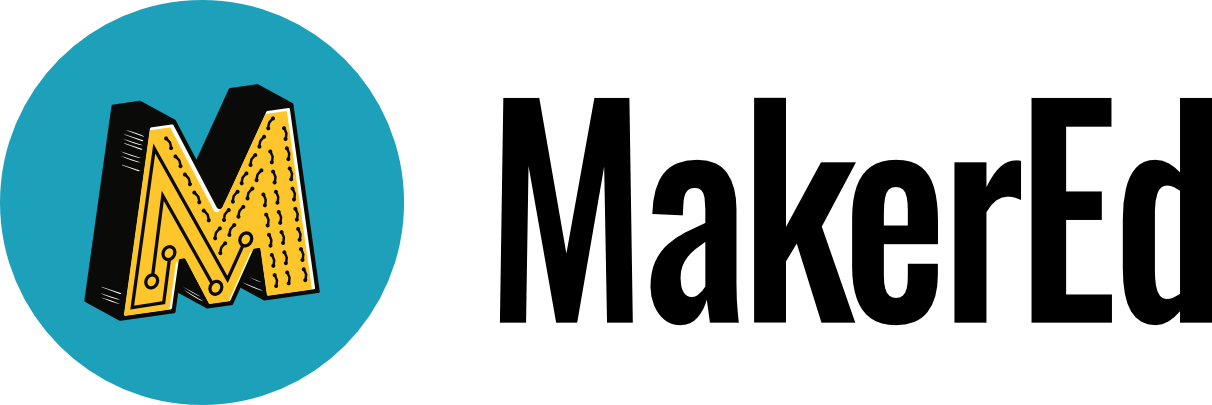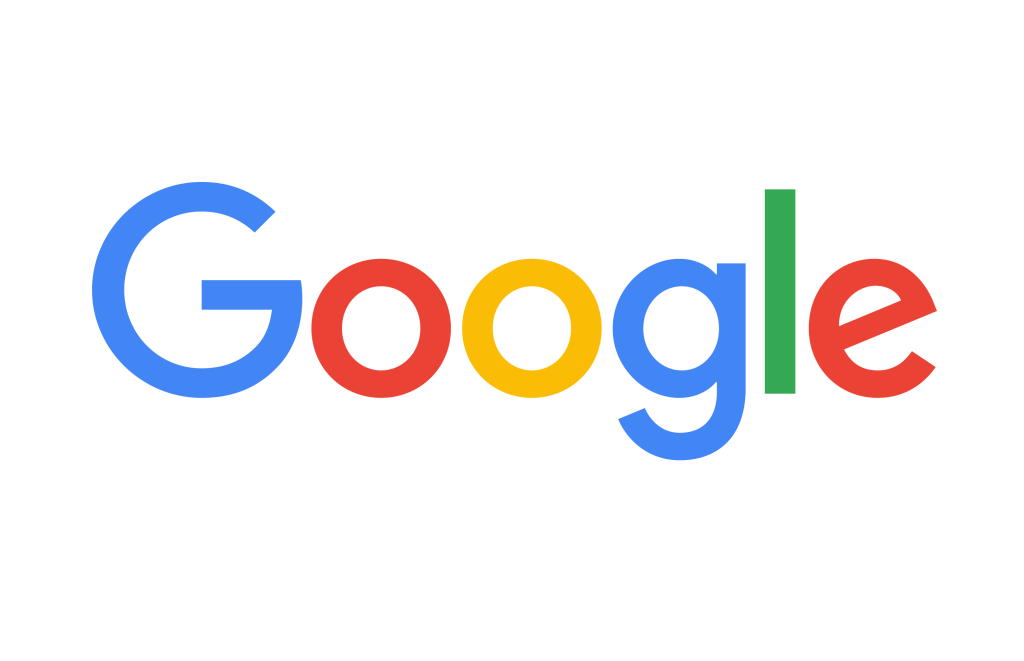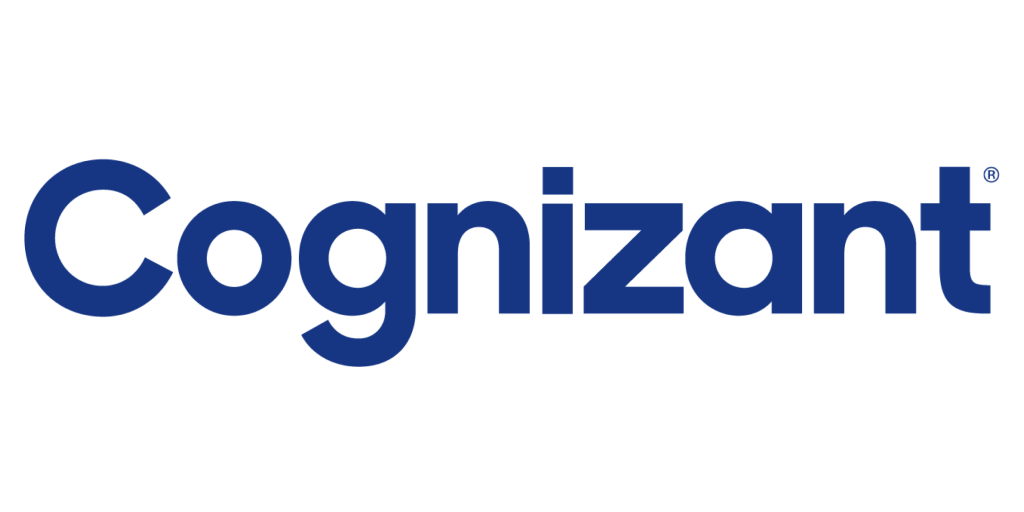The COVID-19 pandemic has pushed us all to reimagine what teaching and learning can and should look like, rethink what it means to support our communities, and evaluate whether we are meeting the needs of ALL of our learners. Making Spaces Hubs do this work as leaders of their local regions. The Making Spaces Program is a 30-month professional learning and capacity building program designed to support local leadership around maker education and build the foundation for lasting, embedded change in three core areas: pedagogy, community, and culture, with an emphasis on sustainability + growth.
The program is led by Maker Ed with support from the Children’s Museum of Pittsburgh (CMP) and has an ambitious goal to sustainably integrate making into learning environments across the country.
Video by Sub64 Films
Denver Public Library participated in Making Spaces because we’ve been working on an ad hoc basis with educators for several years now of people dropping in with one-off questions. We wanted to have a more structured way to build relationships with the district and individual educators, to be able to provide the PD that folks need to bring making into their classroom. We also saw a huge gap between the schools – those that had already developed Maker education and had Maker Spaces were often in more affluent schools. And it was a great way to try to bring this resource out into schools that maybe hadn’t had the opportunity to explore maker education.”
— ideaLab, Denver Public Library, Denver, CO
The program employs an innovative model where multiple participating educational sites partner with a nearby Regional Hub, which are in turn supported by Maker Ed over a 30-month period. Regional Hubs provide Sites with support to jumpstart and sustain maker education in learning environments through professional development, tools, resources, and community engagement.
Since 2016, the Making Spaces program has engaged one cohort of Hubs per year, reaching 31 Hubs, over 200 schools, 350 educators, and an estimated 26,000 youth. Our success and potential is undeniable. When communities collaborate and have support to build capacity, deep and lasting change is possible.
Being a part of the Making Spaces program has dramatically changed how Madison Public Library thinks about working with teachers and with educators. We’re the facilitator of community engagement and the facilitator of community partnerships. My [role’s] main goal is to educate educators on teaching and learning, and to also connect educators to each other and to learners and makers and artists around the city. And none of that would have been possible without this partnership, without the toolkit, and without the guidance that Making Spaces provided for us.”
— The Bubbler, Madison Public Library, Madison, WI
We know that this type of deep and lasting change is BIG and we’ve designed Making Spaces to provide BIG support at multiple levels, accounting for different needs of communities. The Making Spaces program considers behind-scenes infrastructure needs at a national, regional, and school-site levels; the opportunity for cultural and pedagogical change; and common questions pertaining to space, tools, equipment, personnel and human resource development that arise from any maker education effort. From experience we know that a rural region in Idaho is going to have different resources and different challenges than a county in the heart of Silicon Valley. This program is designed to provide the tools and structure to ask the right questions of community members and to provide a network of support so that they can build on those resources and address those challenges.
The Making Spaces project really allowed the STEM Action Center to engage deeply in rural communities throughout Idaho … We’ve really seen some incredible successes through this project. We have seen communities really come together and partner and collaborate in ways that they did not do before this project.”
— Idaho STEM Action Center, Boise, ID
We have so many [school] districts, but even though they’re right next to each other … they don’t talk normally … [Through engagement with Making Spaces] they learned from each other and shared ideas and I don’t think they would have done that AT ALL, so that was a really strong impact.”
— Sonoma County Office of Education, Sonoma, CA
See the program details and timeline here.
Learn about the value and impact of the Making Spaces program from past and current partners or read more about getting involved.
We accept applications to join the program annually each fall. Applications for Cohort 6 will open in April 2022. You can be sure to know when applications open by signing up for our e-newsletter.
The membership fee for Making Spaces is $15,000 per Hub, with additional costs to travel to the three workshops (if/when they occur in person). The membership fee is to be paid to Maker Ed by January 31.
The Making Spaces program development and improvement efforts are supported by Google’s Making & Science Initiative, and Cognizant’s Making the Future Program.


